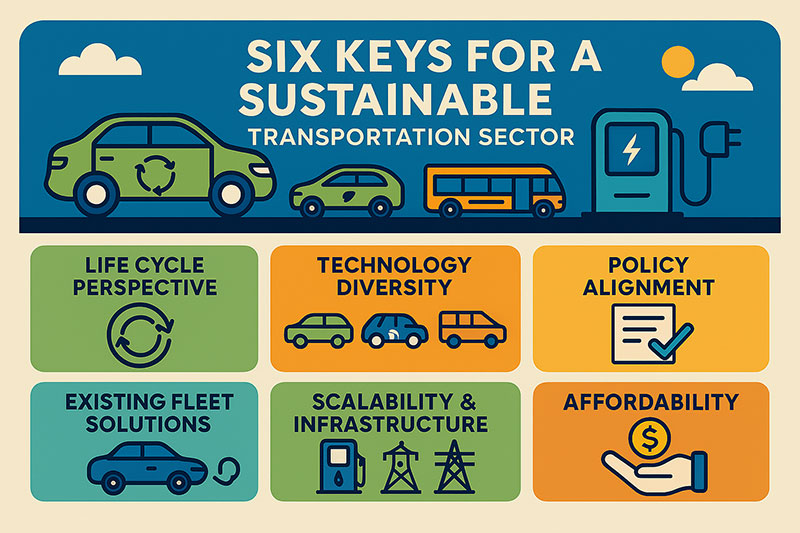March 26, 2020
The new report was commissioned to analyze the major attributes of the U.S. BBD sector at every stage of the supply chain, including its production and consumption trends, distribution and blending practices, technical and environmental performance, and economics associated with production and demand.
“Understanding the different supply and demand drivers for BBD, including policy and economic factors, as well as its technical and environmental performance characteristics, can help industry and policymakers make more informed decisions regarding continued reliance on BBD as a source of alternative transportation fuel,” said John Eichberger, executive director of the Transportation Energy Institute.
This report delves into the source and dependability of BBD supplies in various regions, including the percentages of BBD blended around the country and how blending patterns change with seasonal and other fluctuations. It also reviews the different performance values and environmental implications of varying biodiesel blends and renewable diesel.
The surge in U.S. production and consumption of BBD can be attributed in part to its role in complying with major public policy initiatives. Programs such as the federal Renewable Fuel Standard and California’s Low Carbon Fuel Standard rely heavily on the production and blending of BBD to meet compliance standards, while the Blender’s Tax Credit further incentivizes the industry to push BBD into the market at a competitive price. At the same time, the global pressure to reduce harmful emissions by relying on alternative fuels and powertrains will only continue to escalate with time, creating additional opportunities for BBD.
BBD consumption results in lower life cycle greenhouse gas emissions and has a lower carbon intensity relative to petrodiesel while offering nearly comparable performance, a reason it has come to be so heavily relied upon as an alternative fuel. Additionally, biodiesel has been approved under on-road diesel engine warranties for use in blends of up to 20% volume with petrodiesel while renewable diesel, which meets the requirements of the ASTM standard D975 for diesel fuel, can be blended up to 100% volume.
The report finds that BBD supply economics are driven by a combination of feedstock and ULSD prices, while the widespread recognition of BBD fuels’ environmental benefits as well as its compatibility with the U.S. transportation fuel infrastructure have been instrumental in creating demand for BBD fuels.
“BBD has benefited greatly from public policies encouraging its use and offsetting its higher cost of production to ensure the final product is affordable to end users,” Eichberger said. “However, the compatibility and performance characteristics presented by both biodiesel and renewable diesel indicate opportunities for commercialization that extend beyond public policy. Currently, production economics do not yield a market that would be price competitive absent government programs, but anticipated expansion of the BBD market could yield economies of scale, reduce distribution costs and deliver a compelling fuel product at a price that consumers would accept.”
“Biomass-Based Diesel: A Market and Performance Analysis” can be downloaded free of charge on our website, at www.fuelsinstitute.org/research.




